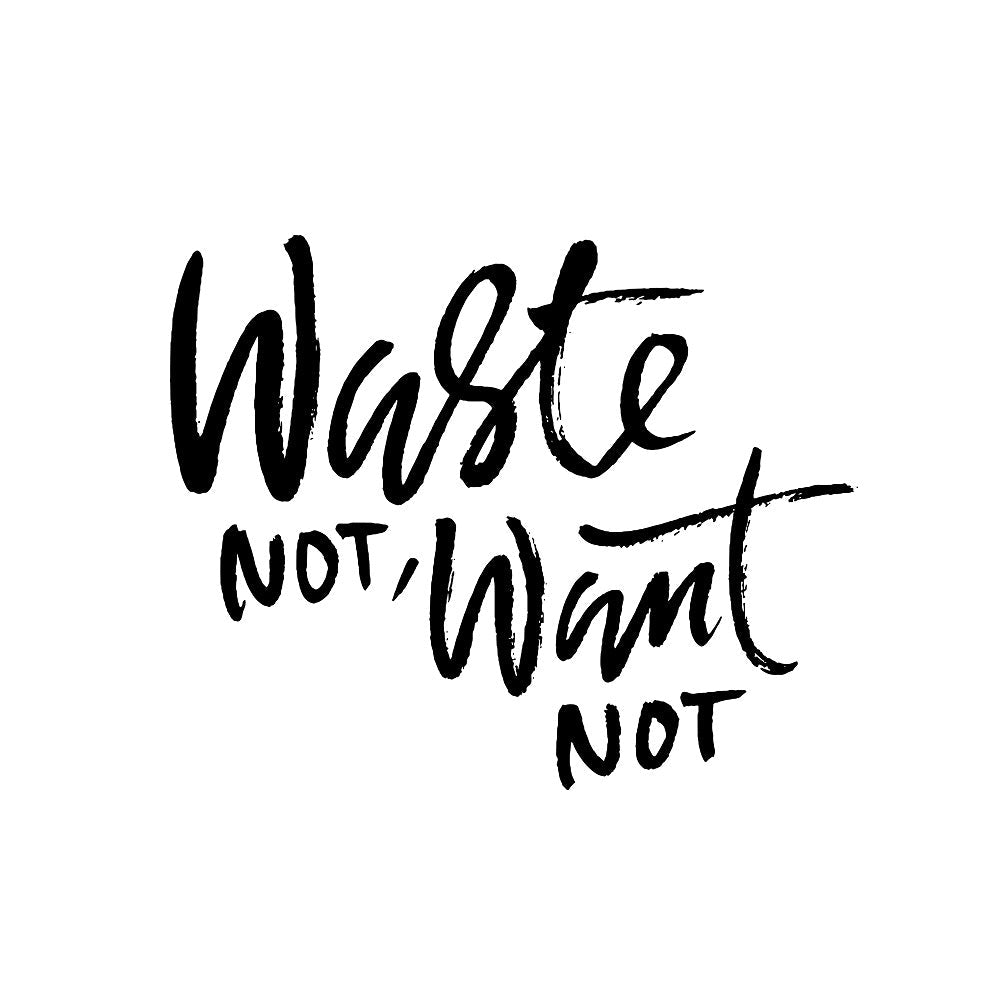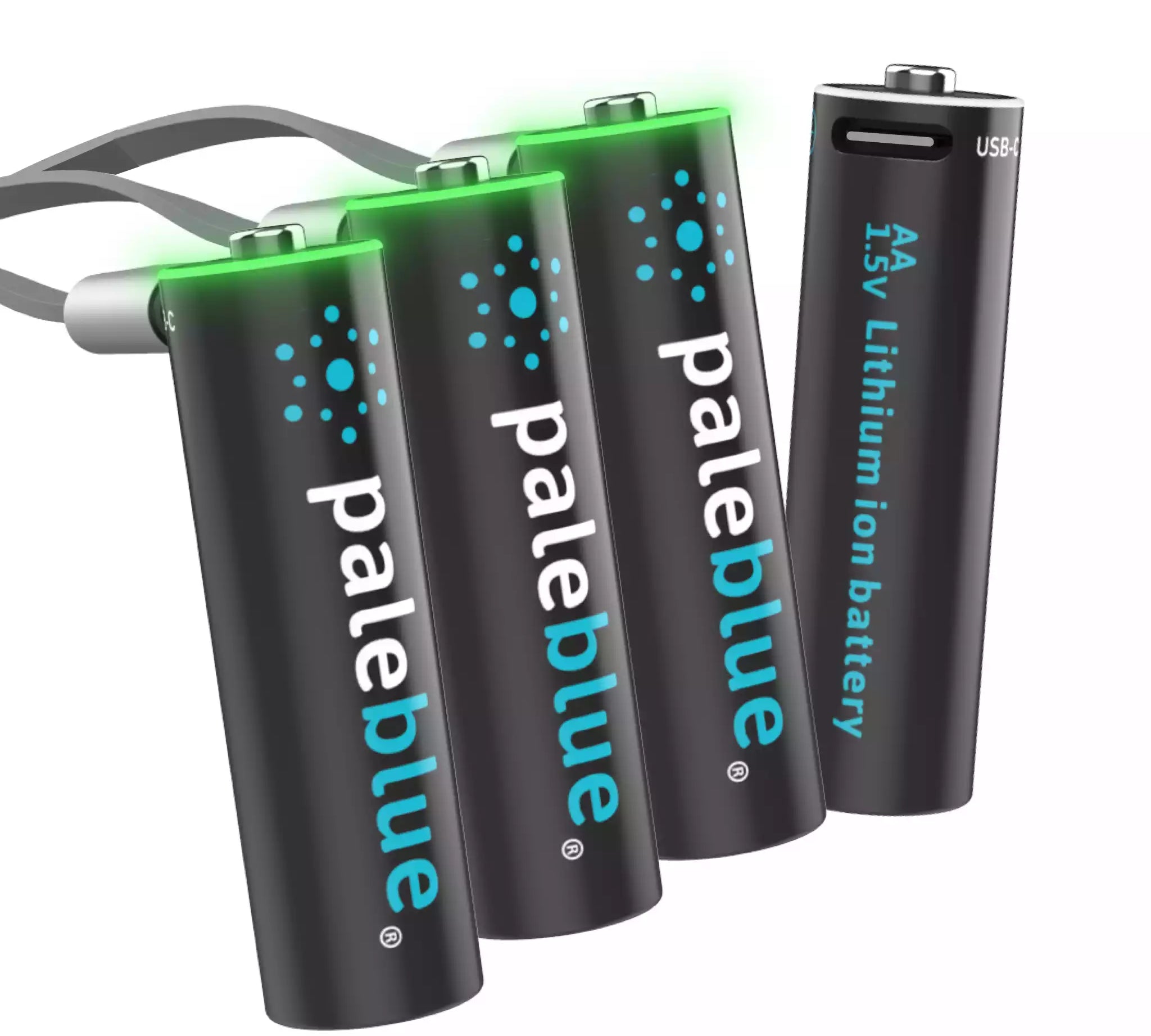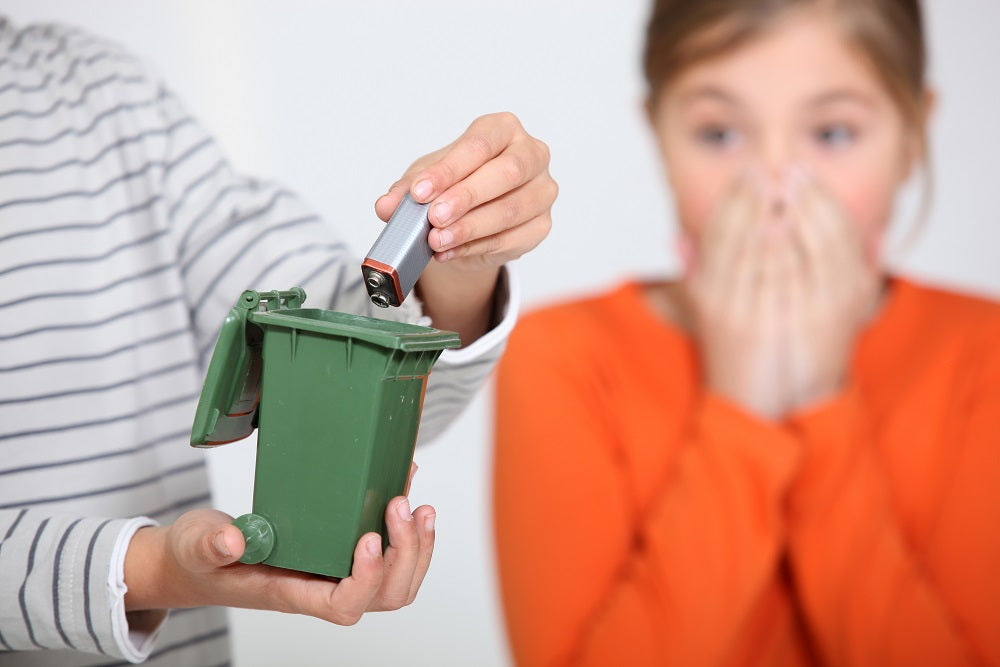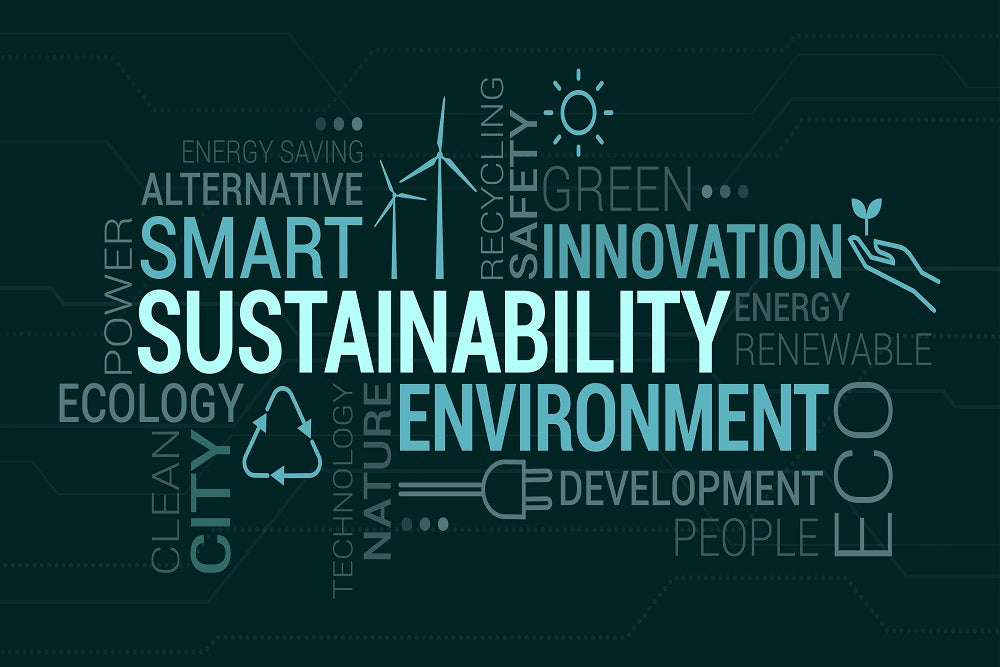Rechargeable Batteries: The 'Waste Not, Want Not' Mentality

There is an old English idiom that says, 'waste not, want not.' You may have heard your parents or grandparents use it to remind you to be more thrifty. As cliché as the idea may sound, it's still valid today and worth considering. In fact, it is part of our mission to replace disposable alkaline batteries with USB rechargeable products based in lithium-ion technology.
For the record, the meaning of 'waste not, want not' has changed over time. Back in the 18th century, it was commonly used as a warning against wasteful living leading to poverty. The thinking was simple: if one lived a frugal life and avoided as much waste as possible, the chances of falling into poverty were reduced.
Over time, the idiom has evolved to mean something slightly different. Now, it is a warning against spending frivolously or wasting the planet’s resources. In other words, we will not have to spend as much money if we stretch all of our resources as far as they will go, nor will we consume the world’s limited resources as quickly. The alternative is not stretching our resources and thereby spending more money and consumer more resources than needed.
Disposable Batteries Represent Waste
Now, let's apply 'waste not, want not' to batteries. For starters, it is our assertion that disposable batteries represent waste. They are literal waste in the sense that we throw them into the trash when fully spent. The trash goes from kitchen to trashcan to garbage truck, and eventually to the landfill.
Alkaline batteries also represent waste in the sense that the materials they contain are only used once. That's it. Alkaline batteries are single-use batteries. Unfortunately, there is so much untapped potential in a spent alkaline battery. The materials inside could be used for other things, but recovering those materials is not economically practical. So, mostly they end up being just throw away.
Waste Creates Want
Now that we have established that alkaline batteries equal waste, that waste creates want. Completely discharging alkaline batteries makes them of no more use. Into the trash they go. Now you want – in fact, you need – a new set of batteries to power your device. You either dig through the junk drawer or head off to the store. Either way, you want more batteries because your old ones have become part of the waste stream.
Rechargeable Batteries Waste Less
Rechargeable lithium-ion batteries are a better match for the 'waste not, want not' philosophy because they represent significantly less waste. No battery can be 100% waste-free, but lithium-ion products come as close as current technology allows. There are a number of reasons we can cite here.
First, our USB rechargeable batteries are good for 1000+ charges. Over time, this means fewer batteries in landfills. It means fewer batteries clogging up the waste stream. That's a good start.
Next, some of the materials contained inside lithium-ion batteries are recoverable and reusable. Best of all, there are established markets for those materials. That makes recycling spent lithium-ion batteries worth the effort.
Lastly, your want (or need) of new batteries is significantly reduced when you choose rechargeable lithium-ion products. Longer life and 1000+ charges lead to purchasing far fewer units over a prolonged period of time. Your want for new batteries is less because the waste related to lithium-ion batteries is less.
You can probably guess that we aren't big fans of single-use alkaline batteries. Indeed, the primary reason we started Paleblue was to reduce the number of alkaline batteries consumers were buying by giving them a much better alternative. We think that fits in nicely with the 'waste not, want not' mentality.
- Tags: Economical Sustainability







